Loading
Archives of Pharmacology and Therapeutics
ISSN: 2688-9609
Most Read Articles
Why Do Patients Not Meet the Pharmacological Treatment?
Jose Luis Turabian
Therapeutic compliance has been defined as the degree to which the behaviour of a person corresponds with the recommendations of the health professional [1].
Arch Pharmacol Ther, 2019, Volume 1, Issue 1, p1-7 | DOI: 10.33696/Pharmacol.1.001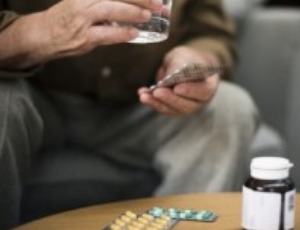
Classical Drug and its New Role in COVID-19 Management
Viroj Wiwanitkit
COVID-19 is the new emerging viral infection that already cause global public health problem. More than 220 countries/territories are already attacked and there are more than 17 million patients around the world. This disease was firstly reported in China then in Indochina and extended worldwide. The patient can have febrile respiratory illness and there are many asymptomatic and mild symptomatic cases. The new viral respiratory infection causes several medical and non-medical problems and it is a big challenge to be managed.
Arch Pharmacol Ther, 2020, Volume 2, Issue 1, p9-11 | DOI: 10.33696/Pharmacol.2.013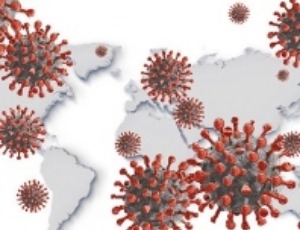
Diverse Therapeutic Applications of Onion
Preetismita Borah , Bimal Krishna Banik
Onion has been a very useful vegetable for human. The organic molecules present in onion are extremely diverse and exert numerous pharmacological pathways to prevent diseases. Although, mechanism of action of the compounds present in onion has been investigated, clearly there remains enough scope to study this subject further. In general, many scientists believe that the medicinal values of onion are because of a series of oxidation processes of the molecules present in it.
Arch Pharmacol Ther, 2019, Volume 1, Issue 1, p14-16 | DOI: 10.33696/Pharmacol.1.003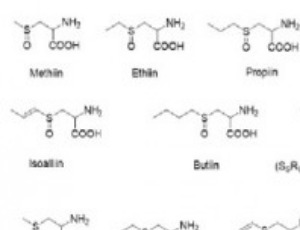
Molecular Detection of Plasmid - Mediated Quinolone Resistant Genes in Uropathogenic E. coli from Tertiary Referral Hospital in Tehran , Iran
Ali Badamchi , Shima Javadinia , Reza Farahani , Hamid Solgi , Azardokht Tabatabaei
Fluoroquinolone antibiotics are usually used for the treatment of urinary tract infections. The aim of this study was to determine the prevalence and molecular characterization of Plasmid-Mediated Quinolone Resistance (PMQR) genes among ESBL-producing Escherichia coli isolates obtained from tertiary referral hospital in Tehran, Iran.
Arch Pharmacol Ther, 2019, Volume 1, Issue 1, p19-24 | DOI: doi.org/10.33696/Pharmacol.1.005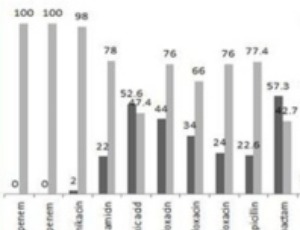
Relative COVID-19 Vaccine Booster Effectiveness and ClinicalEpidemiological Characteristics Before and After 29 Days of Shot
Jose Luis Turabian
Background: When the highest vaccine COVID-19 booster effectiveness (VBE) is obtained is not clearly known. Objective: To compare the cases of COVID-19 in booster vaccinated people with a time of <29 days vs. ≥ 29 days from booster to infection diagnosis and assess their relative VBE. Methodology: An observational, longitudinal and prospective case series study of adult patients with COVID-19 breakthrough infections in booster vaccinated people, in general medicine and for the period December 2021 to February 2022, during the omicron variant contagion wave.
Arch Pharmacol Ther, 2022, Volume 4, Issue 1, p23-34 | DOI: 10.33696/Pharmacol.4.031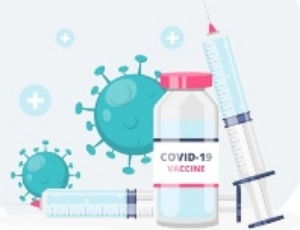
Platelet Hyperactivity and Dysfunction in Diabetes and Cancer
Bahram Alamdary Badlou
However, the entire coagulation cascade is dysfunctional, in progressed chronic diabetes and cancer patients. Platelets (PLTs) in type 2 diabetic (DT2) involved in Thrombosis and Haemostasis (T&H) of individuals adhere to vascular endothelium and aggregate more voluntarily than those in healthy individuals, as are abnormalities in the microvascular and macrovascular circulations. However it is already known that the circulating PLTs are essential for T&H, inflammation growth factors delivery, regeneration; and knowledge of their function is fundamental to understanding the pathophysiology of vascular disease in diabetes and cancer-related diseases.
Arch Pharmacol Ther, 2019, Volume 1, Issue 2, p25-26 | DOI: 10.33696/Pharmacol.1.006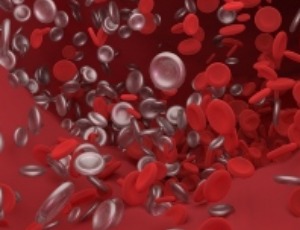
Psychosocial Aspects of Drug Prescription: Recognizing These Phenomena to Improve the Quality of Clinical Practice
Jose Luis Turabian
The psychosocial aspects of pharmacological prescription are the factors that intervene in ways of reacting of the doctor and the patient to the prescription of a drug, as well as the role of social structures that determine it. The role of psychosocial factors in pharmacologic treatment of patients remains unclear and is notably absent in the literature of the discipline of general medicine. Biological (specific) and psychosocial (nonspecific) effects of drugs are not simply additive, but interact with each other.
Arch Pharmacol Ther, 2019, Volume 1, Issue 2, p27-34 | DOI: 10.33696/Pharmacol.1.007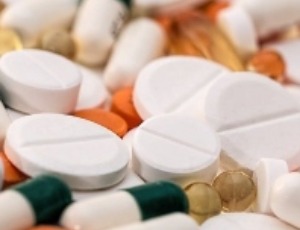
About Scientific Archives
Scientific Archives is a global publisher initiated with the mission of ensuring equal opportunity for accessing science to research community all over the world. Spreading research findings with great relevance to all channels without any barrier is our goal. We want to overcome the challenges of Open Access with ensured quality and transparency.
